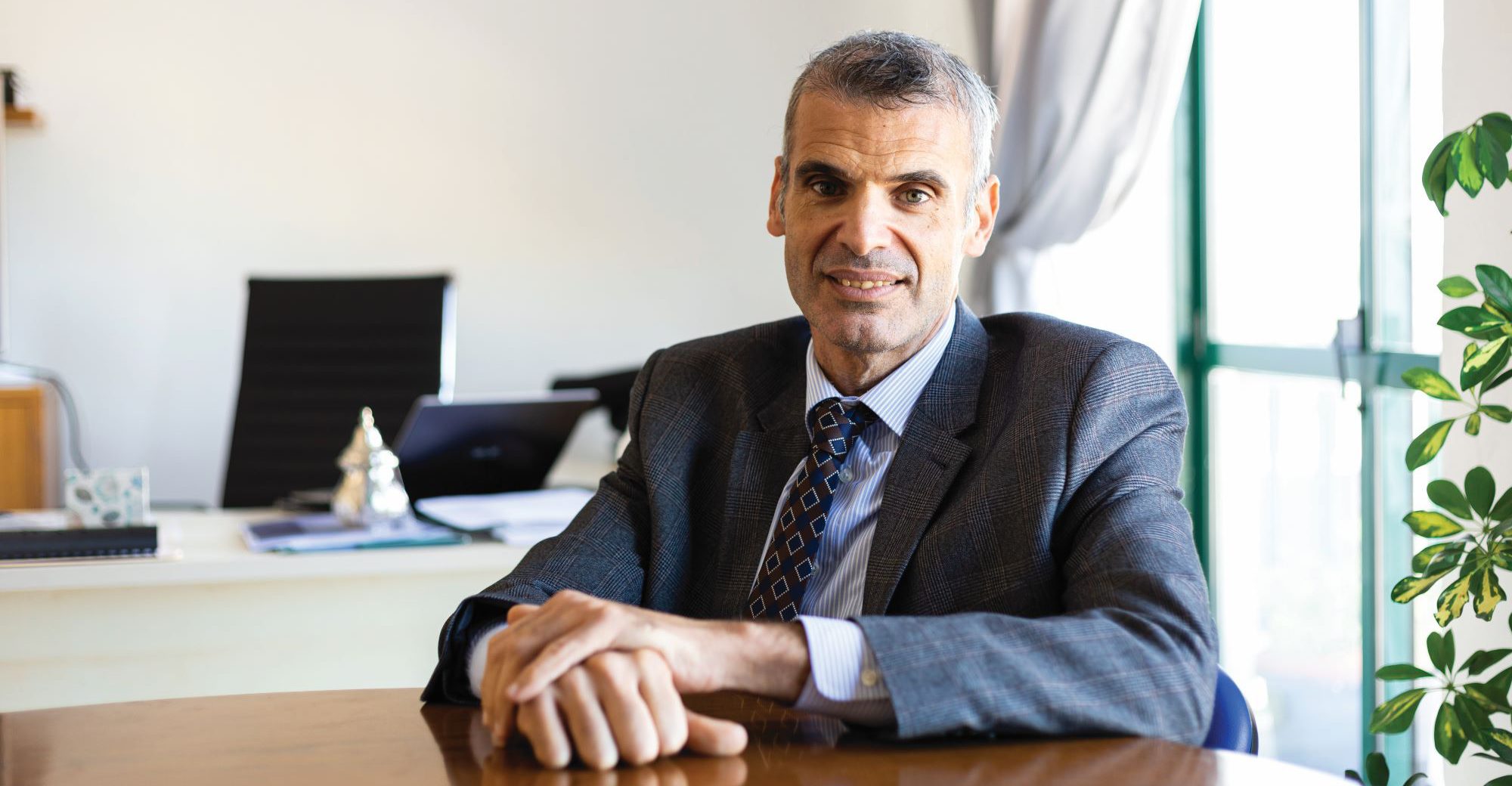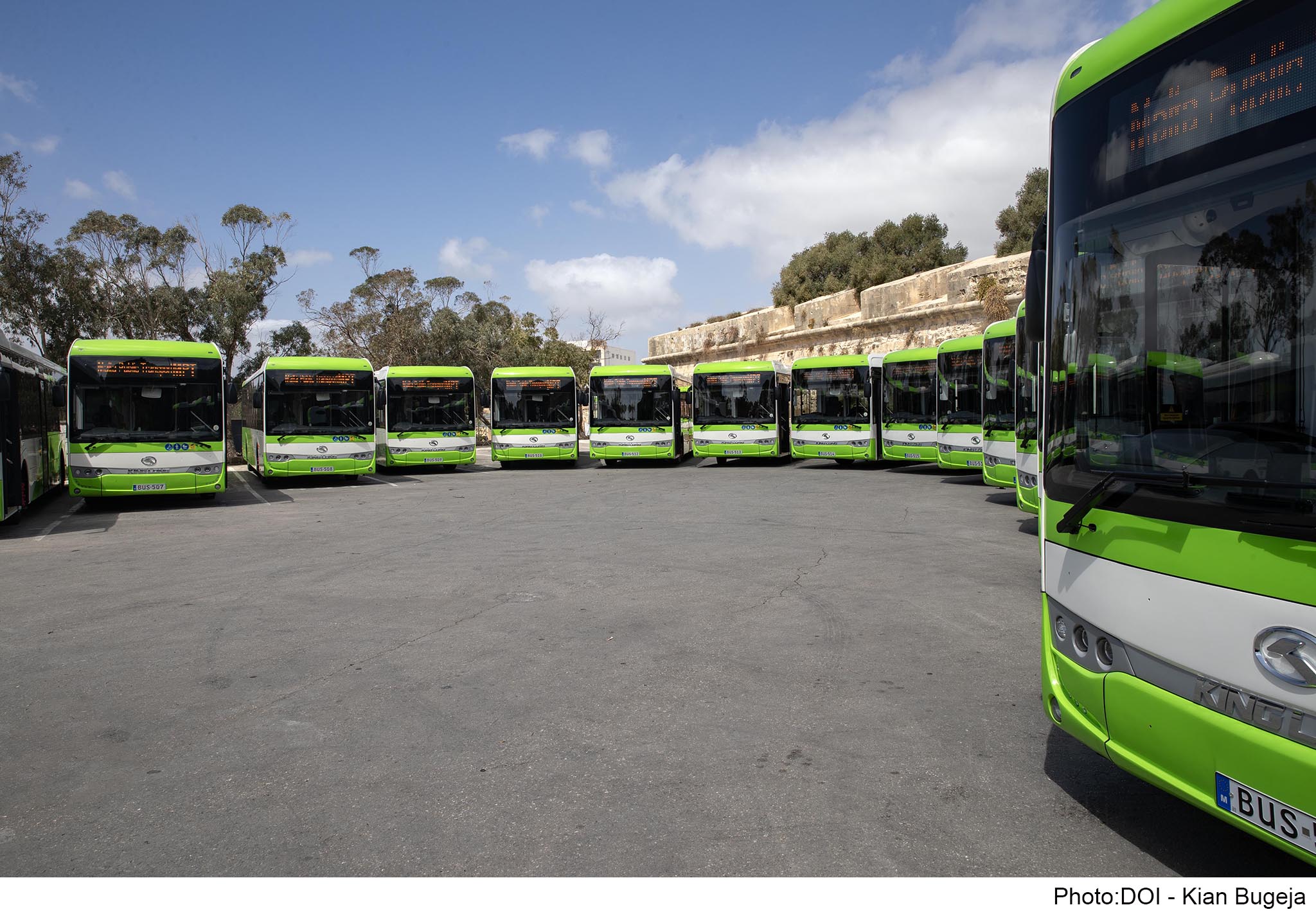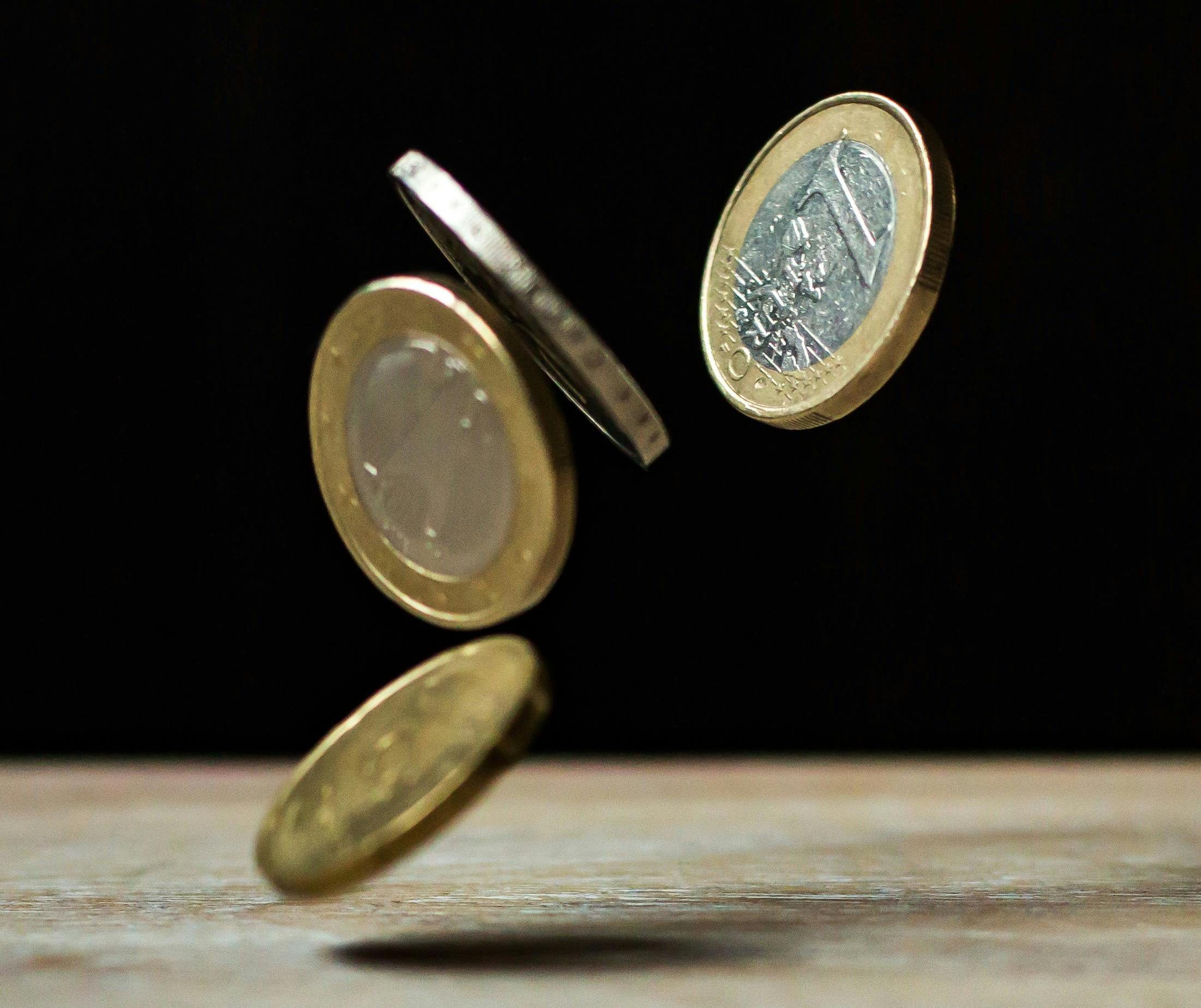As experts and industry professionals continue to try to cut through the uncertainty heralded in by COVID-19, its variants and changing rules, economist and Bank of Valletta (BOV)] Chairman Gordon Cordina, says that a useful way to appreciate the impact of the COVID-19 pandemic on the economy is to gauge the number of years that it will have set us back by the end of 2021, when the first emerging signs of recovery can be expected to take root.
Key indicators include the production of the economy as measured by its Gross Domestic Product – “if the EU Commission forecast for 2021 growth is correct, Malta’s GDP will reach €11.9 billion this year, roughly the value of 2018 – therefore a loss of three years’ worth of growth; value-added in tourism- and retail-related sectors will see a loss of between five and six years of past growth by the end of 2021; there has been no loss in value-added in the rest of the economy – there was actually growth in 2020, spurred by activity in iGaming, ICT, financial services and construction, albeit, at three per cent, the average growth in these sectors was at only half the strength seen in the past five years.”
Dr Cordina adds that employment flexed only marginally downwards, so the economy suffered no substantial losses on that front, sustained by support schemes implemented by Government, while the public debt to GDP ratio is to reach 65 per cent by the end of 2021, “thereby cancelling seven years of progress”.
In line with most projections, Dr Cordina says that the Maltese economy can be expected to recover relatively quickly due to pent-up demand for international tourism and the permanence of the underlying factors that have vouched for the country’s business competitiveness over the past few years.
“The increase in public debt will, however, act as a drag to longer-term growth possibilities. Malta may have been relying on the low level of public debt perhaps more than other economies as a factor to attract foreign direct investment (FDI), to invest in environmental amelioration and technological improvements, and to restructure its taxation system,” he asserts. “It is probable that these plans may need to be implemented over a longer period of time, necessitating additional measures to attain the intended objectives.”
The Chairman adds that the success of Malta’s recovery will also depend on the speed at which change can be implemented – including green and blue economic activities, digitalisation and skills enhancements, “focusing on resilient higher value-added opportunities that have long been touted as the key elements of Malta’s future development.”
This interview forms part of a larger cover story featuring expert opinions on Malta’s post-COVID recovery and business sentiment, which appeared in the first edition of BusinessNow magazine.
Featured Image:
Gordon Cordina, economist and Bank of Valletta Chairman / Photo by Tyler Jackson Calleja
Government shells out close to €70 million to national bus operator Malta Public Transport in 2023
Buses became free for residents in late 2022, leading to a hefty increase in the public subsidy
Inflation rate in Malta drops from 3.7% in January to 2.7% in March, nearing EU average – Government
The Government attributed the decrease in inflation to its initiative ‘Stabbiltà’
Comino deckchair encroachments extended for another year without tender
The deckchairs have been the subject of much controversy in recent years






